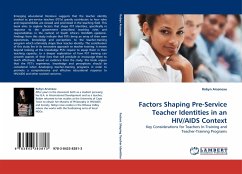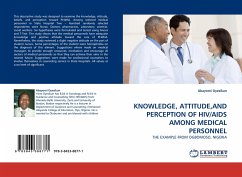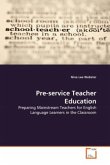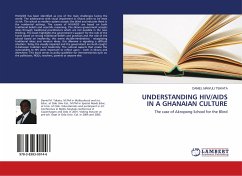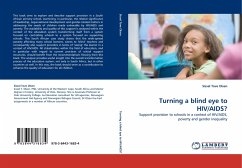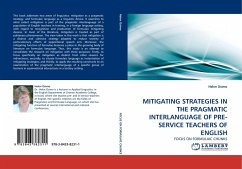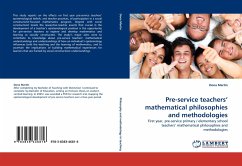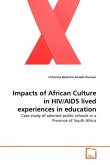Emerging educational literature suggests that the teacher identity invoked as pre-service teachers (PSTs) greatly contributes to how roles and responsibilities are viewed and prioritized in the teaching field. This book aims to explore factors that shape PST identities, specifically in response to the government prescribed teaching roles and responsibilities in the context of South Africa's HIV/AIDS epidemic. Findings from this study indicate that PSTs bring an array of their own experiences, knowledge and perceptions to the teacher-training program which ultimately shape their teacher identity. The contribution of this study lies in its innovative approach to teacher training: it moves beyond looking at the knowledge PSTs require to equip them in their teaching capacity, to a deeper exploration of how PST training can unearth aspects of their lives that will preclude or encourage them to teach effectively. Based on evidence from the study, this book argues that the PST's experience, knowledge and perceptions should be considered when developing teacher-training programs in order to promote a comprehensive and effective educational response to HIV/AIDS and other societal concerns.
Bitte wählen Sie Ihr Anliegen aus.
Rechnungen
Retourenschein anfordern
Bestellstatus
Storno

